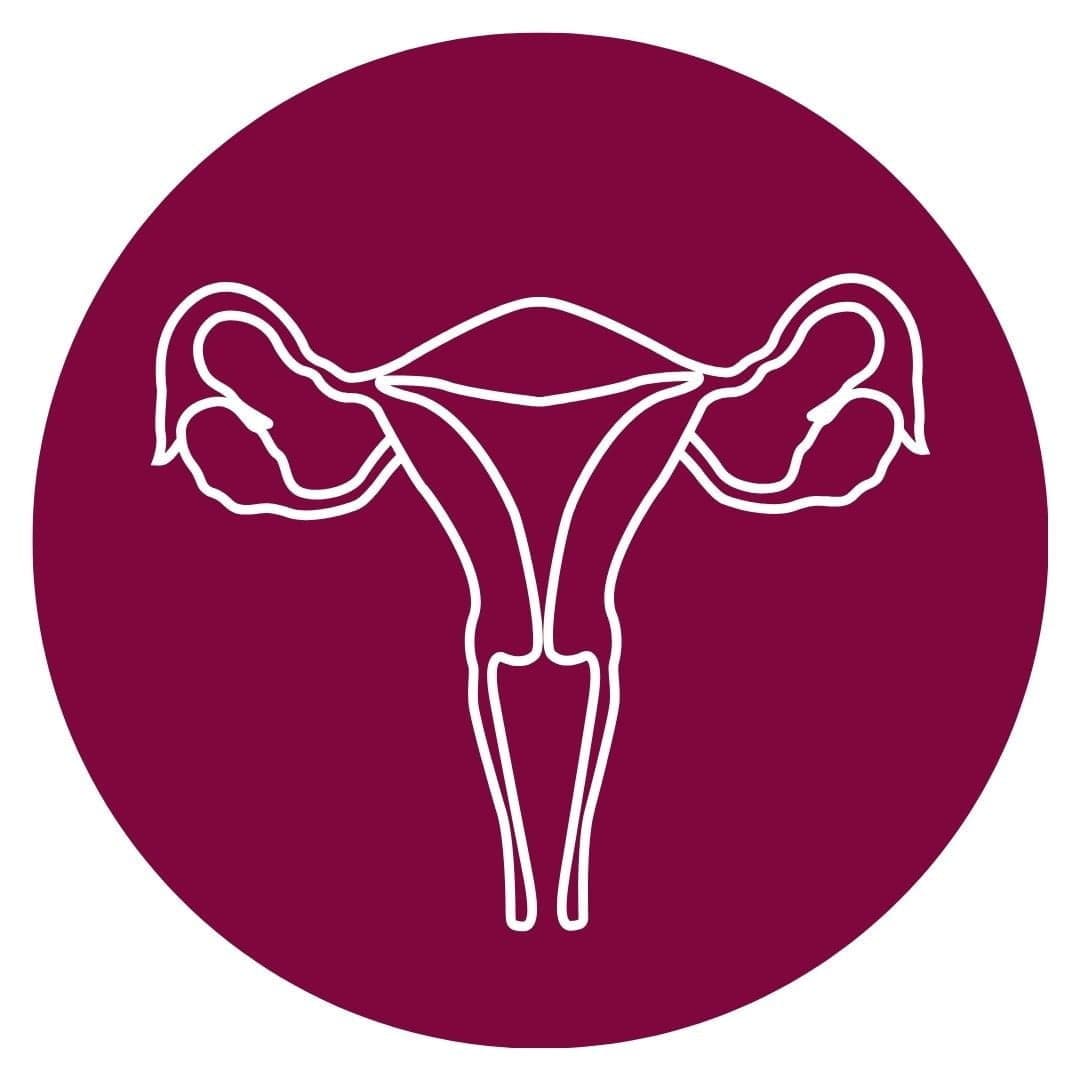
What is a Normal Period? What does a Normal Menstrual Cycle Look & Feel Like?
You will go through 400+ menstrual cycles in your life. Do you know what a normal period is? How heavy is too heavy? Is pain normal? Dr. Anne Hussain, ND breaks down period pain, menstrual flow, and when to seek care in this blog post.










